Reaching the Singularity May be Humanitys Greatest and Last Accomplishment Air & Space Magazine
Getting to the singularity, though, will require a significant leap from the current point of AI development. While today’s AI typically focuses on specific tasks, the push towards AGI is intended to give the technology a more human-like understanding of the world and open up its abilities. As AI continues to broaden its understanding, it steadily moves closer to AGI—which some say is just one step away from the singularity.
A Scientist Says the Singularity Will Happen by 2031
- In either case, the resulting changes would be drastic, exponential and irreversible.
- Both concepts may take a stretch of reality to attain, but Kurzweil and his supporters are quite limber.
- And finally, a lot of singulatarian thought is devoted to the idea that synthetic biology, genetic engineering, and other life sciences will eventually give us control of the human genome.
- Kurzweil sees the weakness in our human frailty, or what he calls “1.0 biological bodies.” Yes, we have Rembrandt, Newton, and Saint-Saëns, but it is also true that “much human thought is derivative, petty, and circumscribed.” Which is why the Singularity cannot come fast enough.
- Might there be something unique to biological brains after millions and millions of years of evolution that computers cannot achieve?
The company’s first chatbot, named Grok, entered early public testing this past weekend. Kurzweil sees the weakness in our human frailty, or what he calls “1.0 biological bodies.” Yes, we have Rembrandt, Newton, and Saint-Saëns, but it is also true that “much human thought is derivative, petty, and circumscribed.” Which is why the Singularity cannot come fast enough. In 1903, the Wright brothers showed the world the first sustained flight. In less than 60 years, Yuri Gagarin became the first person in space and orbited the Earth.
Misconception: Computers will outstrip human capabilities within many of our lifetimes.
“If Singularity is about technology making qualitative change in how we live, there is evidence that some basic sci-fi has already landed – for example you can talk to your phone or car.” Another factor pushing the development of AI, Goertzel said, is humanity’s restlessness, adding that while the development of AI appears to be based on individual motives, it’s building towards a greater goal. Artificial intelligence is roiling tech, business and politics like nothing in recent memory. Listen to the extravagant claims and wild assertions issuing from Silicon Valley, and it seems the long-promised virtual paradise is finally at hand.
What is cognitive computing?
Second, there is no necessary reason that there will be exponential growth of the kind futurologists depend on. Past technological advances do not guarantee similar future advances. There is also the law of “diminishing returns.” It could be that even though we have more collective intelligence working more efficiently, we still get less out of it.
As mentioned at the start of this article, it may still be hard to create human-looking android machines that will take over the real world. However, in a world where everything is digital, it will not be difficult to create intelligent self-replicating agents that can send and learn from their environment, and evolve to take over its environment. To elaborate on this point more, If we think about it, we https://cryptolisting.org/ have had mainframe computers that evolved to personal computers, which then evolved to mobile devices. In the case of the metaverse however, the leap or the iteration does not necessarily go to a faster device. Instead, to virtual simulations of virtual worlds and virtual environments where through VR and AR, we can finally make it possible to buy things in the real world through these environments.
It’s already been four years since the program AlphaGO, fortified with neural networks and learning modes, defeated Lee Sedol, the Go world champion. The strategy game StarCraft II may be the next to have what is the distinction between the phrases capitalize and depreciate a machine as reigning champion. For instance, if we were to double the processing power of a computer every year, within seven of these “doublings,” our computers’ power would have increased 128-fold.
However, the most important observation is that the metaverse will have a fully functional economy. The internet is fast becoming the best place to make money; almost every business has gone online, but the digital economy still has a long way to go. Most transactions are still fragmented, especially in virtual spaces and investments in digital goods are still in their infancy. Furthermore, due to the potential for interoperability between different providers, user-generated content will play a huge role in the metaverse. “The Turing Test is a test of a machine’s ability to exhibit intelligent behaviour equivalent to, or indistinguishable from, that of an actual human,” says Curran.
As scientists continue to work on the idea of self-repairing cells, we’ll need some major steps forward on the cellular level to make immortality a possibility. Of course, it may all be moot if we can’t figure out a way to fight off the dominance of the AI that keeps us alive. The enabling breakthrough to assemblers seems quite likely within the next 20 years. Molecular electronics – the new subfield of nanotechnology where individual molecules are circuit elements – should mature quickly and become enormously lucrative within this decade, causing a large incremental investment in all nanotechnologies. In March when Alphago, the Go-playing software program designed by Google’s DeepMind subsidiary defeated Lee Se-dol, the human Go champion, some in Silicon Valley proclaimed the event as a precursor of the imminent arrival of genuine thinking machines.
Specifically, Vinge pinned the Singularity to the emergence of artificial intelligence. “We are on the edge of change comparable to the rise of human life on Earth,” he wrote. “The precise cause of this change is the imminent creation by technology of entities with greater than human intelligence.” While this is not a new concept in the domain of AI, it assumes great significance, given that our brains are massively complex networks of hundreds of billions of neurons that are in constant communication with each other. Neurons start triggering and responding to a multitude of fast-paced reactions, setting up patterns within the brain that subsequently decide the course of actions to be performed by our mind and body in perfect unison. Historically, AI experts have tried to replicate this process using artificial neural networks (ANNs), but this was mere software-based trickery to simulate the human brain.
But, it is equally true that there are many obstacles in the way of unlimited technological progress. We ultimately do not know if this rocket is going to take off — or if it does, whether it will hit a very hard glass ceiling. The lives of our grandchildren and great-grandchildren will be as unrecognizable to us as our use of information technology in all its forms would be incomprehensible to someone form the dawn of the twentieth century.
Apple, today, is the richest company in the world with the finest minds in computer science working for them. Yet, it is plainly obvious that the most recent iDevices seem less exciting or innovative than their previous renditions. Talking about the singularity is a paradox, because it is an attempt to imagine something that is by definition unimaginable to people in the present day.




